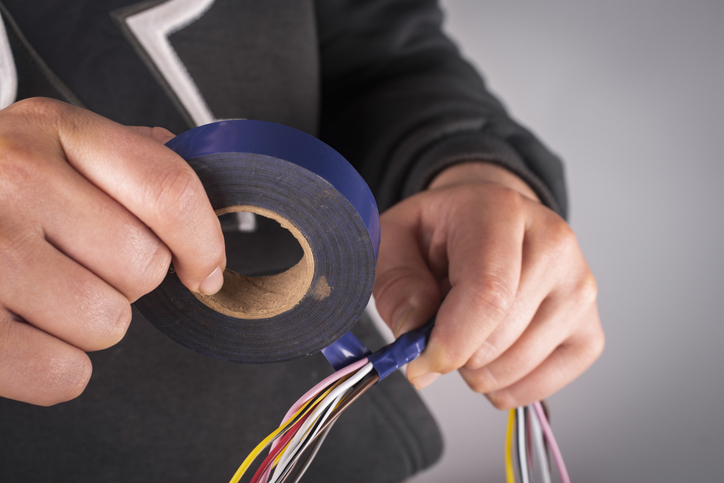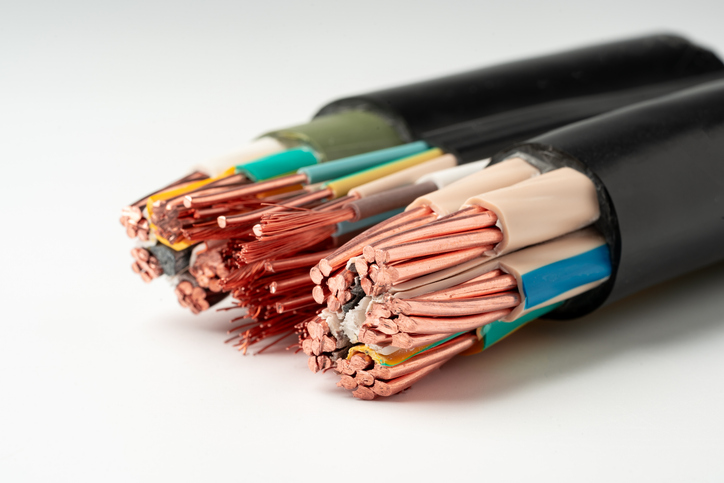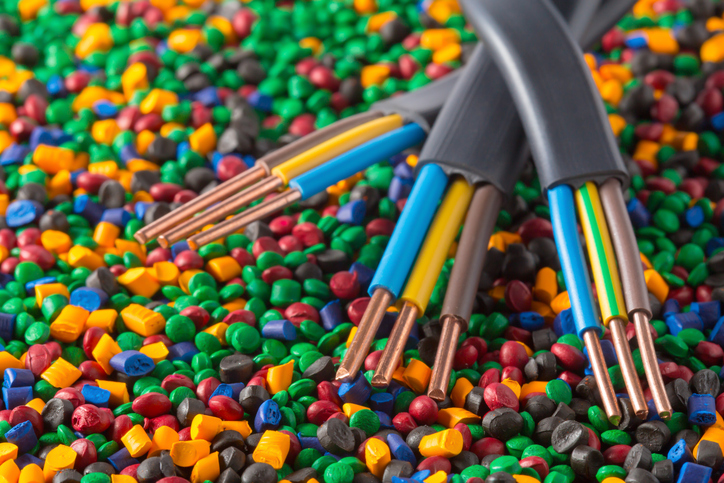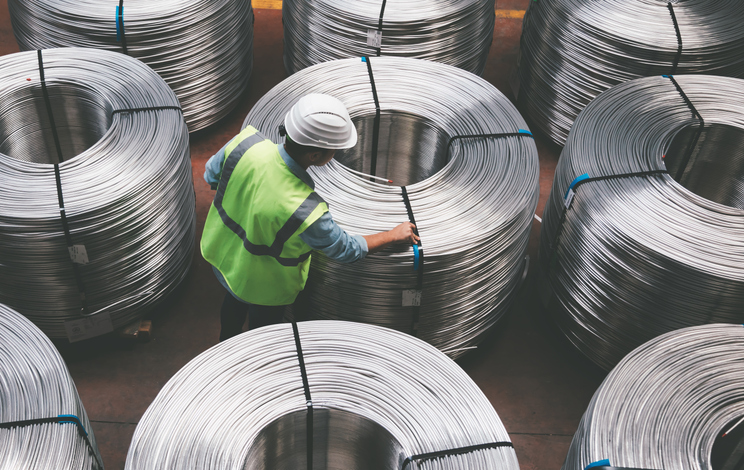Tape Types
 Tape insulations play a crucial role in providing electrical insulation, particularly in scenarios where other materials might fall short. These tapes can be made from various materials, such as TFE, Kapton, Mica, and Polyester, either used alone or laminated with other substances. This article delves into the different types of tape insulations, their applications, and their unique properties.
Tape insulations play a crucial role in providing electrical insulation, particularly in scenarios where other materials might fall short. These tapes can be made from various materials, such as TFE, Kapton, Mica, and Polyester, either used alone or laminated with other substances. This article delves into the different types of tape insulations, their applications, and their unique properties.
The Role of Tape Insulations in Electrical Wires
Tape insulations, although rarely used as primary insulation for electronic wires, offer specific advantages in particular applications. Their relatively high cost compared to extruded insulations and the slow wrapping process, often followed by a secondary operation to fuse the tape layers, makes them less common. However, in cases where TFE or mica insulations are required, the expense is justified by the superior protection these tapes offer. This is especially true when no other material can meet the stringent demands of the application, necessitating the use of high-cost tapes and protective glass braids.
Polyester Tape: Versatile and Tough
Polyester tape, commonly recognized under the DuPont brand name Mylar, is typically not used as primary insulation. Instead, it serves as a shield isolation, insulation protection, thermal barrier, and for added strength. Polyester tape is known for its durability and transparency, offering an appealing balance of properties. Its toughness and resilience make it a preferred choice in situations requiring additional insulation protection and mechanical strength.
Kapton Type F: Superior Resistance and Durability
Kapton Type F film stands out for its exceptional toughness. It offers excellent resistance to abrasion, cut-through, and impact, along with very high resistance to weathering and most chemicals, excluding strong bases. With an impressive operating temperature range of -200°C to +200°C, Kapton provides outstanding electrical properties. Its resistance to radiation and inability to burn further enhance its suitability for demanding applications.
TFE Teflon Tape: High-Performance Insulation
When extreme conditions are anticipated, TFE Teflon tape is often the insulation of choice. It excels in environments where severe abrasion, chemical exposure, heat, and moisture are concerns. TFE tapes are rated for use up to 260°C according to military specifications and up to 250°C for UL listings, making them a robust option for high-performance insulation needs.
Mica Tape: Unmatched Thermal and Electrical Performance
Mica tapes are renowned for their superior thermal and electrical properties. UL-listed at 450°C, these tapes can withstand continuous operating temperatures of up to 538°C, making them ideal for both commercial and industrial applications. Mica tapes are reinforced with a glass scrim backing, which forms the primary insulation, allowing them to endure severe electrical and thermal overload conditions. The high-density mica paper used in these tapes enables designs with minimal binder content, which is typically the weakest link in terms of thermal and flame resistance. Even after exposure to temperatures between 1200°F and 1500°F, mica tapes retain 60 to 70 percent of their original dielectric strength. Additionally, mica's resistance to radiation and moisture ensures that its electrical integrity remains stable, even after prolonged water immersion.
The Indispensable Role of Tape Insulations
While tape insulations may not be the most common choice for primary insulation in electronic wires, their unique properties make them indispensable in specific applications. From the toughness of Kapton Type F to the high-performance capabilities of TFE Teflon and the unmatched thermal resistance of mica tapes, these materials provide essential solutions in environments where other insulations might fail. Understanding the properties and applications of each type of tape insulation allows engineers and manufacturers to select the most appropriate material for their needs, ensuring the reliability and safety of electrical systems.
Related Resources

Popular Insulation Types
Insulation is a critical component of any wire conducting an electrical current . The right type of wire insulation is determined by numerous factors, including stability, required life, dielectric properties, temperature and moisture resistance, mechanical strength, and flexibility.Learn More
Properties of Common Thermoplastic and Thermoset Compounds
Thermoplastic and Thermoset compounds are types of polymers with different melting points and tensile strength.Learn More
Low Smoke Zero Halogen Compounds
Low Smoke Zero Halogen refers to the behavior of chemical compounds when combusted - specifically the quantity of smoke generated and the toxicity of the emissions.Learn More


